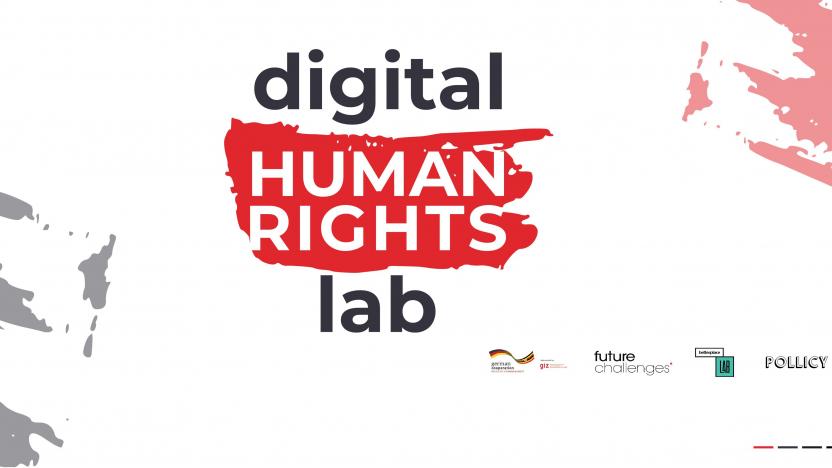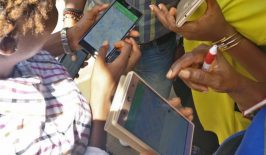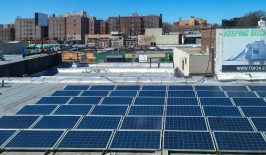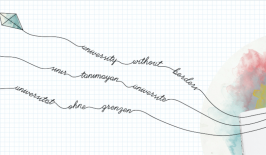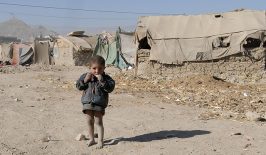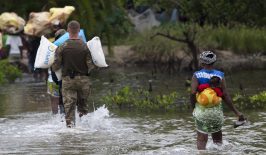Digitalisation is dramatically reshaping our societies, for better and for worse. The Digital Human Rights Lab (DHRLab) seeks to empower people and communities to better deal with this rapidly changing world. Focusing on issues from digital exclusion to internet shutdowns, the non-profit is building a lively virtual and physical space to protect human rights in Uganda.
The DHRLab network is made up of Ugandan civil society actors and provides online resources including blogs, podcasts and workshops to help inform the people who need it most.
Great attention is paid by the DHRLab to the oft-overlooked needs of marginalised groups in the digital context. Women, people with disabilities, and LGBT communities are among the most likely groups to lack access to digital spaces. For example, it is already well known that far fewer women across the globe have access to internet and communication technologies, a gap that even the UN Sustainable Development Goals acknowledge must be bridged in order to achieve greater gender equality.
At the same time, marginalised groups are more at risk from technologies that challenge human rights. Artificial intelligence, for one, can be notoriously biased. For example, facial recognition systems routinely struggle to accurately identify non-male, non-white faces, which becomes a serious issue when these technologies are deployed by police or governmental agencies. Data security is also a key issue: reports currently abound of Afghan women scrambling to erase their digital history in the wake of the Taliban’s takeover of Kabul. In the online world of social media, marginalised groups also experience the brunt of harassment and abuse.
Ensuring No One Is Left Behind
The threats to human rights are manifold, which is why the DHRLab has its work cut out. Luckily, the lab is prolific. It advertises several events each month, with recent workshops exploring topics including rural innovation and building digital skills. The blog is also updated regularly, while a monthly digest offers a round-up of the most important stories.
The pandemic has also influenced DHRLab’s work, with the team mobilising to tackle pertinent challenges, such as how to organise as a community amid the pandemic and the prevalence of gender-based violence. DHRLab also serves as a library for human rights resources, with its website storing key pieces of human rights legislation and recent reports published by civil society.
The DHRLab is implemented by betterplace lab and Future Challenges under a grant agreement from the German Corporation for International Cooperation (GIZ), funded by the German Federal Ministry of Economic Cooperation and Development (BMZ). While its remit is primarily Uganda, the DHRLab has teams based in both Kampala and Berlin. It also works closely alongside many local non-profit and civil society organisations.
Of course, the so-called digital divide does not only affect nations in the Global South. Even countries such as the United States, or those in Europe, also feature large disparities between and within certain communities. For example, in New York City, up to a third of residents in predominantly black, hispanic or asian neighbourhoods may lack internet access.The COVID-19 pandemic has only acted to exacerbate this divide, by highlighting the role of digital tools in society, whether in relation to track and trace technology, education or remote working.
